AI is playing an increasingly significant role in enhancing general wellbeing and specifically impacting workplace wellbeing through various innovative applications and platforms. By leveraging AI technologies, it’s possible to create more personalized, scalable and accessible solutions for health and wellness. Equally, AI comes with some compromise and risks. Here are some places AI is contributing to wellbeing in both general and workplace contexts, and some concerns we should consider:
General Wellbeing
Personal Health Monitoring: Wearables such as Oura, Fitbit, AppleWatch and Whoop are AI-powered and can monitor an individual’s health metrics in real-time, such as heart rate, sleep patterns, and activity levels, providing personalized feedback and recommendations for healthier lifestyles.
Mental Health Support: Wysa, Woebot, Replika and Youper are examples of AI chatbots and virtual assistants that offer psychological support and counseling, making mental health resources more accessible. They can provide immediate, stigma-free support for anxiety, depression, and stress, guiding users to appropriate resources when necessary.
Nutrition and Diet Planning: AI applications such as Lose It, PH360, Yazio, MyMealPlanAI, Mealime and Noom Coach can analyze nutritional needs and preferences to suggest personalized meal plans, helping individuals achieve their health and wellness goals. This can be particularly beneficial for managing conditions like diabetes or for weight management.
Physical Activity and Fitness: FitBod, FitnessAI, Freeletics and Aaptiv are all AI-driven fitness apps and platforms that tailor workout plans to an individual’s fitness level, goals, and preferences, adjusting recommendations based on progress and feedback.
Workplace Wellbeing
Employee Experience Platforms: Platforms like AFFINITY OS, Peakon, Culture Amp, Limeade and Glint use AI to analyze employee feedback in real-time, providing insights into employee engagement and satisfaction. This helps companies address issues promptly and improve the overall workplace environment. Whereas AFFINITY OS combines AI with a human interface, many AI platforms provide end-to-end AI interfaces.
Stress Management and Mindfulness: AI-powered apps can provide personalized mindfulness and stress management exercises, helping Team Members reduce stress, improve focus, and increase productivity. These can be integrated into daily work routines seamlessly. Examples of AI-powered apps include Headspace, Calm, Wysa, Youper and Aura.
Ergonomics and Physical Health: AI can analyze workplace ergonomics and suggest improvements to reduce physical strain and prevent injuries. For example, AI-enabled cameras like knowella can analyze posture and recommend adjustments in real time. Other examples are PostureScreen that can analyze posture in the workplace. Esko Bionics for Industrials is an exoskeleton suit that analyzes worker movement and provides real time feedback to maintain correct posture and reduce physical strain.
There is an enormous amount of applications for AI to tailor health and wellness programs to help drive workplace wellbeing. There are also potential negatives and threats associated with its use in these areas. It’s important to consider these concerns when considering applying AI in the workplace
Privacy and Data Security
– Sensitive Data Exposure: Health and workplace well-being tools collect sensitive personal information, including health metrics, mental health status, and personal preferences. There is a risk of data breaches, leading to the exposure of private information. Deidentification of data is critical and when we developed AFFINITY OS, our mandate was to ensure de-identification before the data was stored in the system, mitigating possible data exposure.
– Surveillance Concerns: In the workplace, AI-driven monitoring tools might cross the line into surveillance, making Team Members feel watched and evaluated constantly, which could increase stress and negatively impact mental health. Europe is about to adopt the AI Act, which imposes strict limitations on certain high-risk AI applications related to surveillance.
Bias and Inequality
– Algorithmic Bias: AI systems can perpetuate and amplify biases present in their training data. In the context of well-being, this could lead to unequal access to resources or support for certain groups, exacerbating existing inequalities, or creating new biases.
– Accessibility Issues: There is a risk that AI-driven wellness solutions may not be equally accessible to everyone, particularly those with disabilities or those from lower socio-economic backgrounds, potentially widening health disparities.
Dependence and Dehumanization
– Overreliance on Technology: There is a concern that reliance on AI for well-being and mental health support could diminish the value of human interaction and support systems, potentially leading to a depersonalization of care. This is certainly a concern from my perspective. As much as I advocate for the judicious use of AI, nothing can equal the power of an in-person exchange and the human touch.
– Lack of Human Empathy: AI-driven support systems, while beneficial, cannot fully replicate the empathy and understanding of human interactions, which are crucial in many aspects of mental health and well-being support.
Ethical and Moral Concerns
– Decision-Making Power: AI systems making decisions about an individual’s health or well-being could raise ethical concerns, especially if these systems make errors or prioritize organizational goals over individual needs. There is no doubt bad actors will migrate into the AI space and train systems to exact financially driven goals, so careful curation is demanded when using AI systems for our personal or workplace wellbeing.
– Informed Consent: Users might not be fully aware of how their data is used or the extent to which AI influences their wellness journey, raising questions about informed consent and autonomy. It is worthwhile to read the privacy and data usage terms of any AI platform you intend to use.
Job Displacement and Stress
– Automation Anxiety: The fear of job displacement due to AI and automation can increase stress and anxiety among Team Members, impacting their mental health and overall well-being.
– Increased Pace of Work: AI-driven efficiency gains might lead to heightened expectations for productivity, potentially increasing work-related stress and diminishing work-life balance. We are already seeing areas where the human workforce can’t keep up with AI output. Examples are in the publishing of white papers and AI’s ability to generate large pools of applicants for positions which can overwhelm the HR team.
Many of these concerns directly or indirectly impact the HR sector and demand the implementation of robust data protection measures, ensuring transparency and consent in the use of AI, actively working to eliminate bias from AI systems, and prioritizing the development of AI in a way that complements rather than replaces human interactions and support.
Additionally, policymakers and organizations must consider ethical guidelines and regulatory frameworks that govern the use of AI in wellness and workplace well-being contexts to protect individuals’ rights and well-being. The AI Act is a precursor to what will need to be a multi faceted set of controls and curation of AI as it is applied to our daily lives.

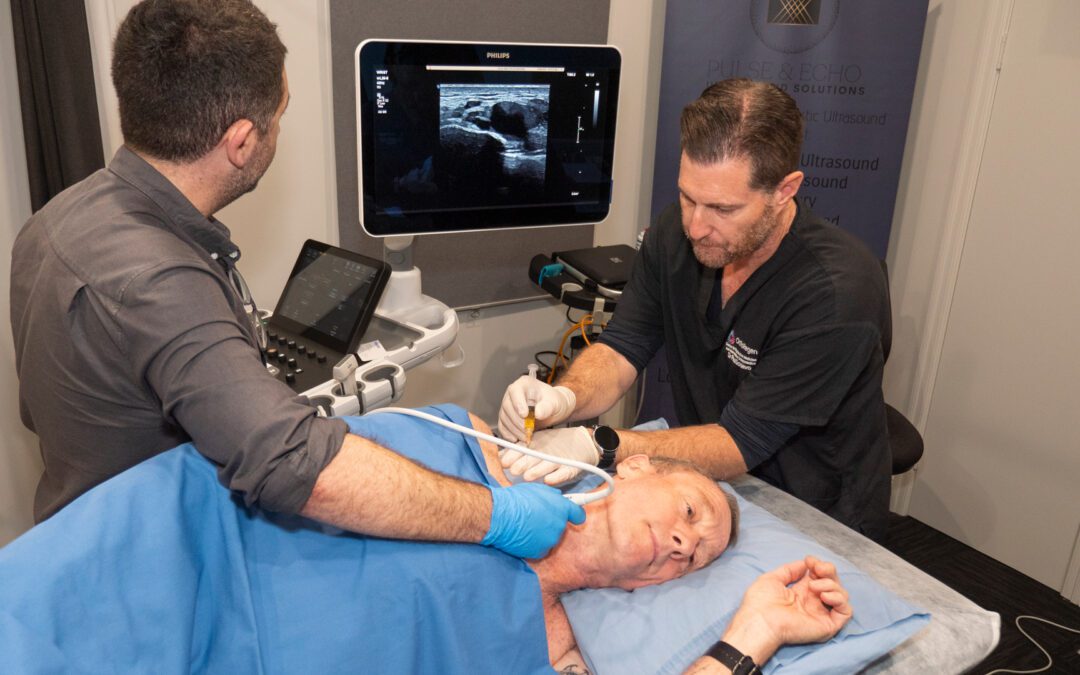
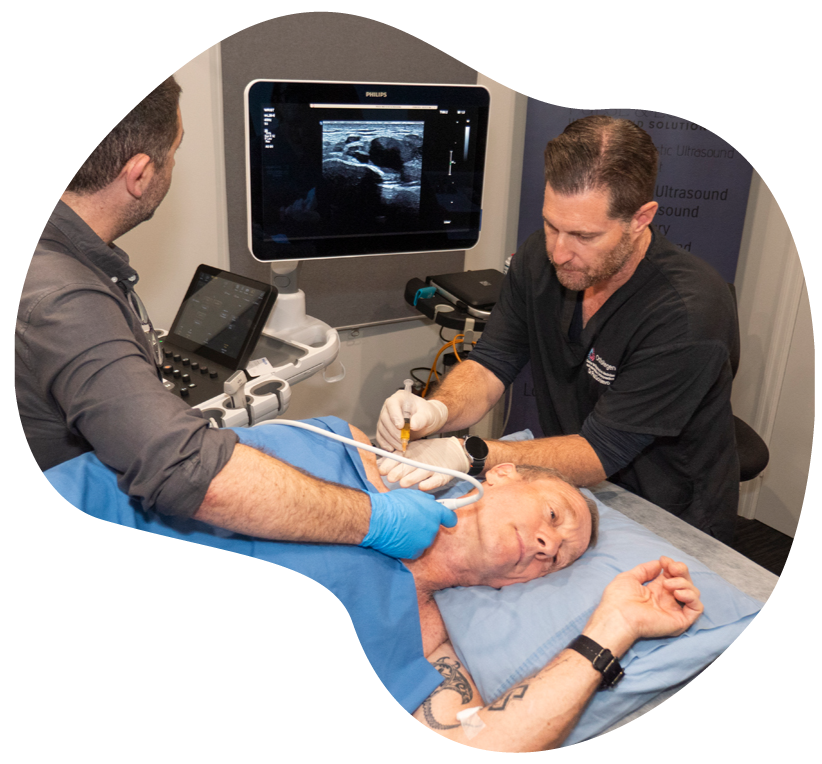


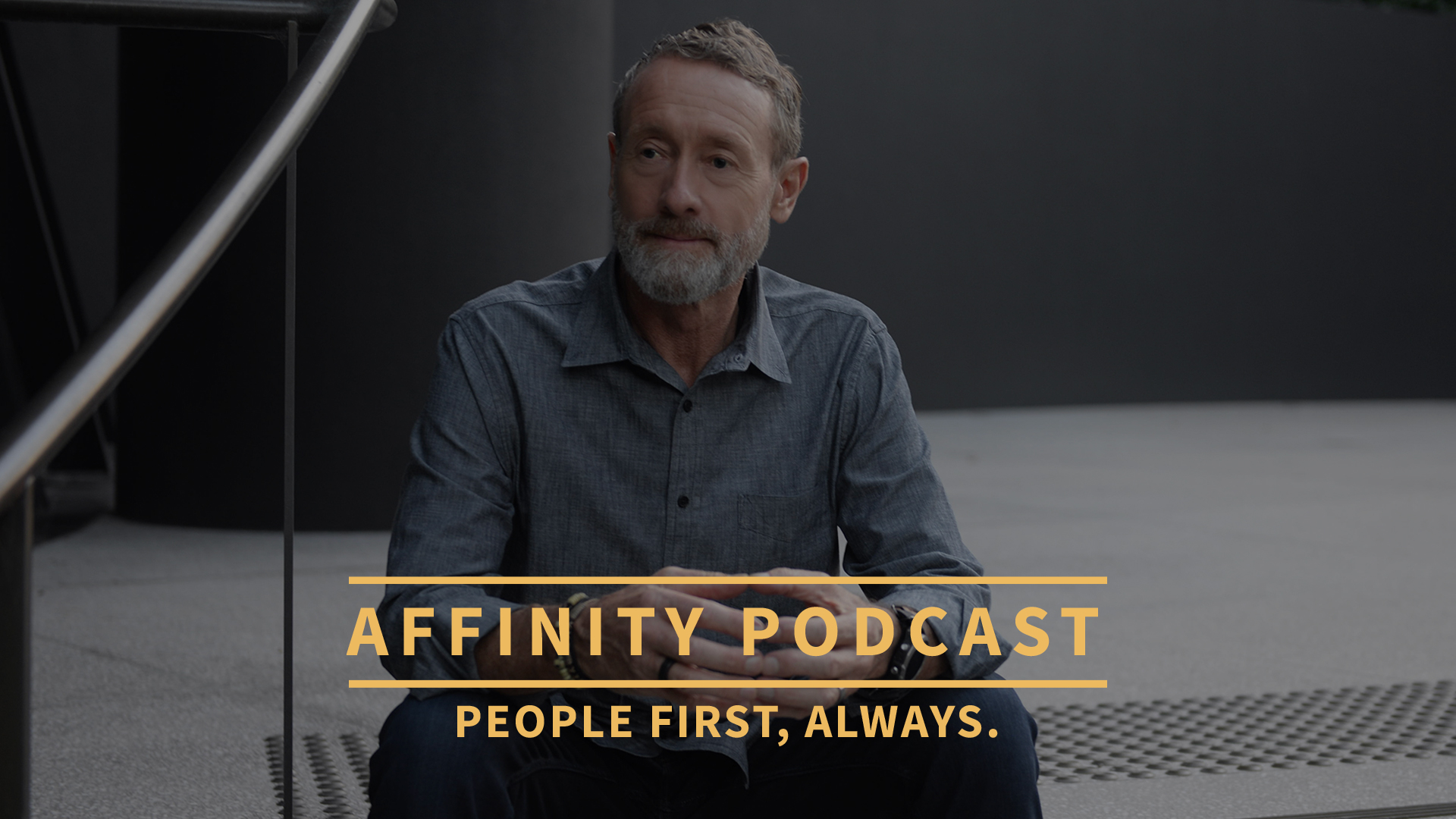




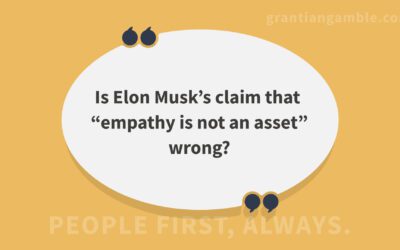

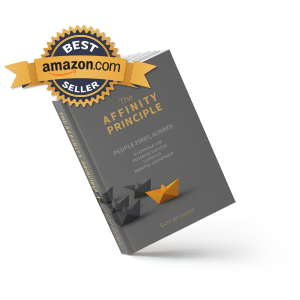



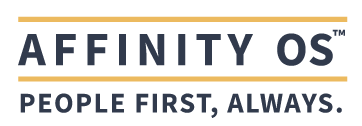
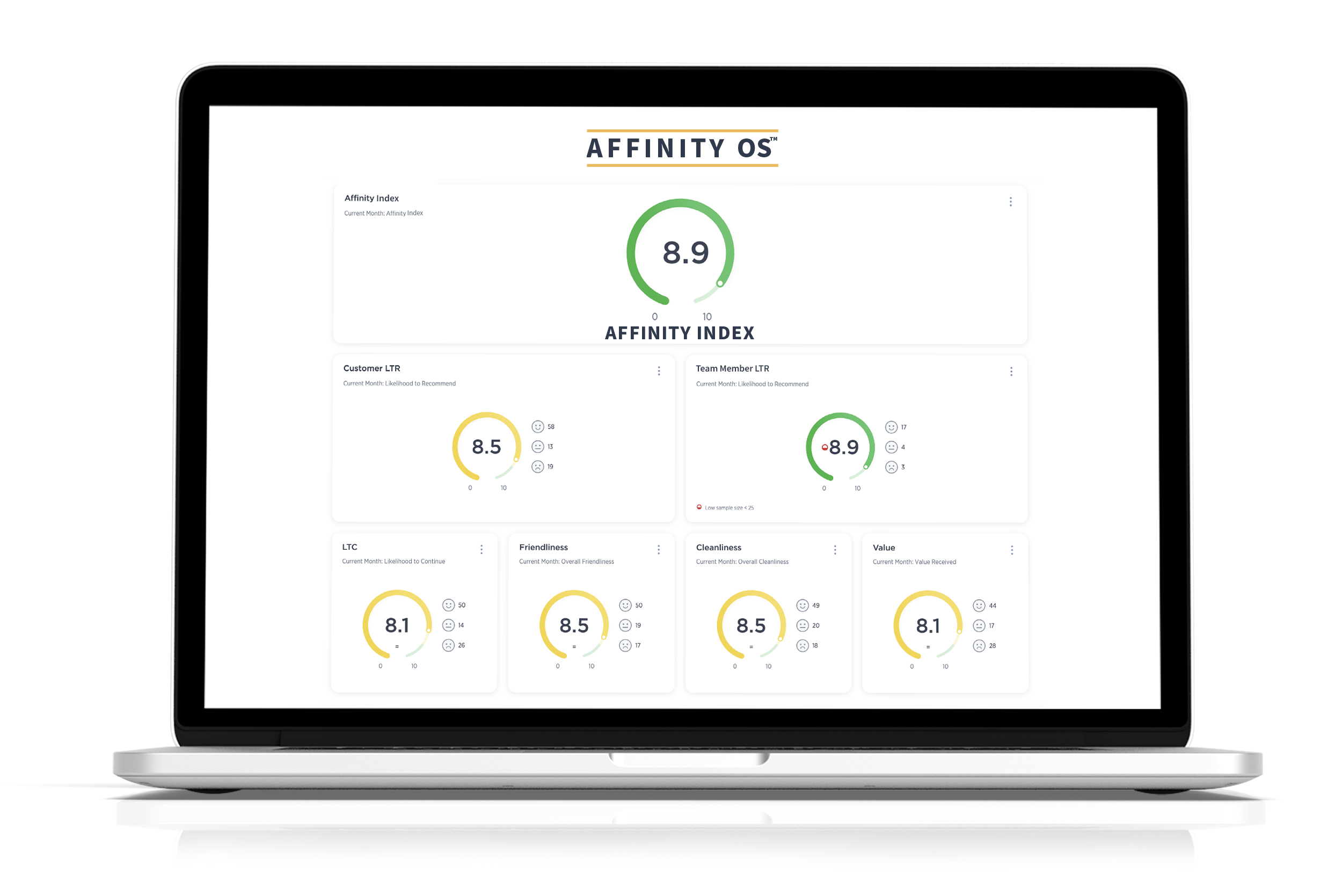 Interested in learning more about how to transform your organization’s approach to team member engagement and customer experience? Reach out to our team at
Interested in learning more about how to transform your organization’s approach to team member engagement and customer experience? Reach out to our team at 



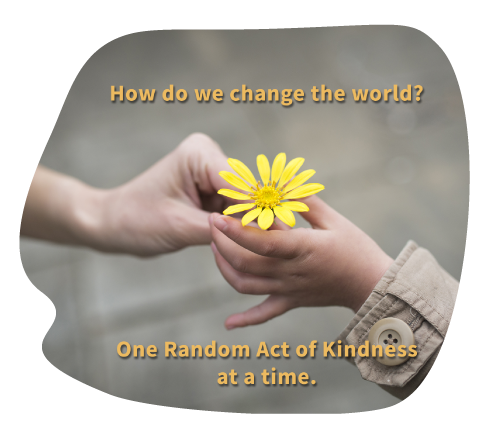

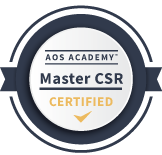

 Interested in learning more about how to transform your organization’s approach to team member engagement and customer experience? Reach out to our team at
Interested in learning more about how to transform your organization’s approach to team member engagement and customer experience? Reach out to our team at 


